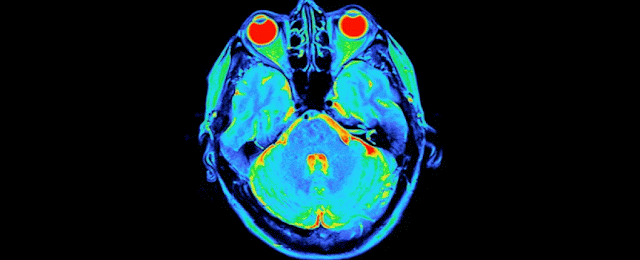When your brain works particularly hard, different regions of the brain sync up as they work together to perform tasks that require a higher cognitive load. This is called theta connectivity, and a new study has found that not only is it highly flexible, adapting quickly to changing situations, but better brain coordination strongly correlates with cognitive ability.
Theta connectivity – synchronized activity between brain regions of slow waves in the band of 4 to 8 Hertz – is related to the brain's ability to pull itself together under mental load. A growing body of evidence suggests that it plays a significant role in cognitive function – a strong enough link that it may even show promise as a diagnostic tool.
Schubert and her colleagues wanted to investigate theta connectivity as a marker of cognitive control – the brain's ability to adapt and adjust thought, behavior, and emotion based on current tasks and contexts.
The researchers recruited 148 people between the ages of 18 and 60, and had them complete tests to assess their memory and intelligence.
Then, each study participant donned a non-invasive electroencephalography (EEG) cap to record their brain activity, and was given three mentally demanding tasks to complete. These tasks had different rules.
In the first task, the participants were shown digits between one and nine, and had to indicate whether the number was higher or lower than five, or if the number was odd or even.
In the second task, the participants were shown Navon figures, and had to either identify the big shape, or the small shapes of which it was constructed.
Finally, in the third task, the participants were shown paired numbers and letters, and either had to indicate whether the number was more or less than five, or the letter was a vowel or a consonant.
None of the tasks alone are particularly difficult, but the researchers wanted to assess how quickly the participants adapted to a changing ruleset, and whether that was detectable in their theta brain waves.
To the researchers' surprise, not only were they able to see the brain coordinate in real-time to rapid changes in tasks, participants who had performed better on the intelligence and memory tests displayed stronger theta connectivity during these tasks.
Source: www.sciencealert.com





No comments:
Post a Comment